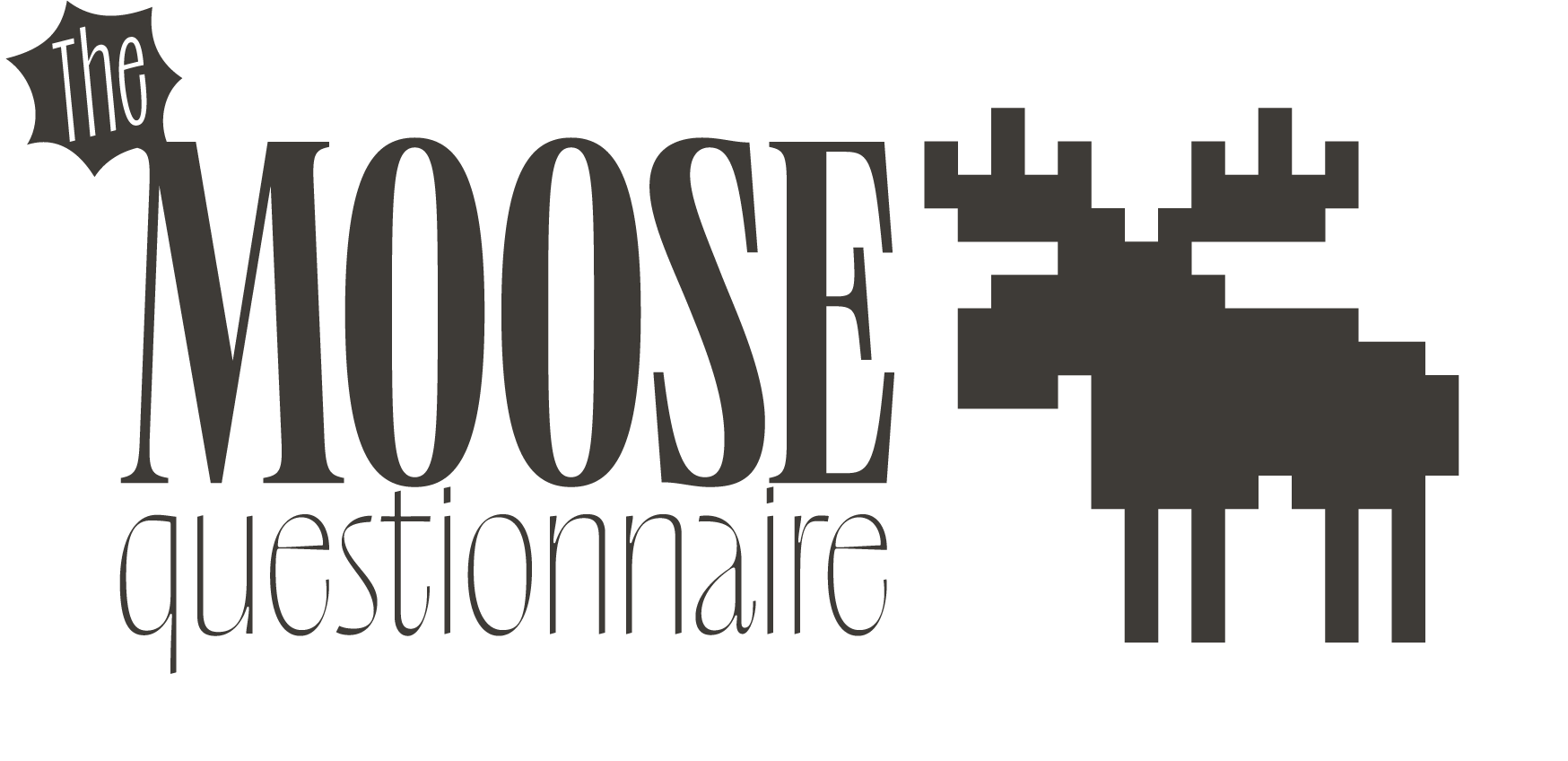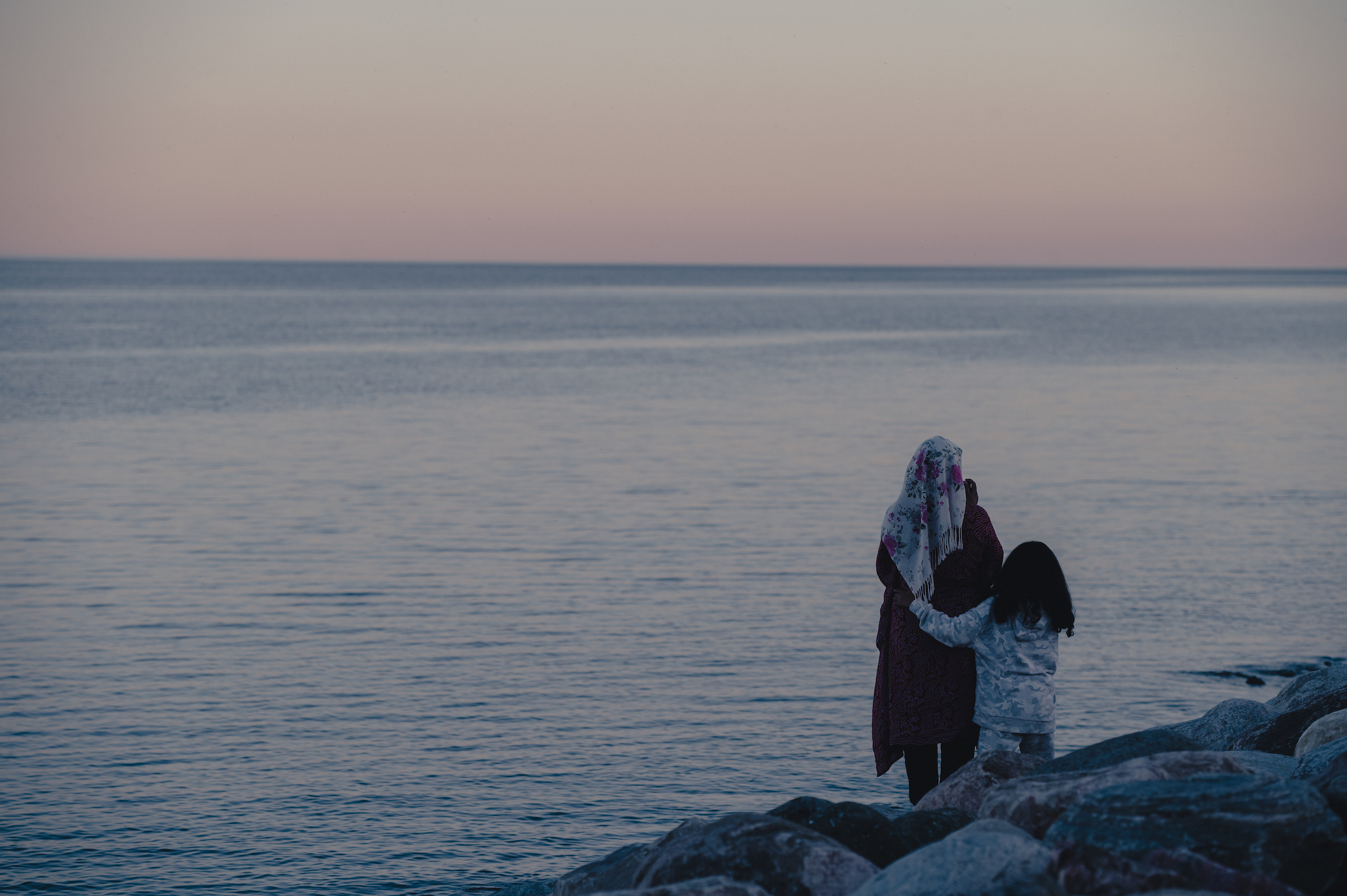
The Narwhal picks up National Magazine Award nomination for Amber Bracken’s oilsands photojournalism
Bracken was recognized for intimate portraits of residents of Fort Chipewyan, Alta., who told her...
“Dad used to tell me that the water was calming. He lived that truth,” David A. Robertson writes in All the Little Monsters. “Whenever we were near a body of water, Dad would usually sit by it, remembering his childhood and how it was to live in that sort of peace on the trapline, or maybe simply taking it in, to try to exist within the moment, to strive for that hush in your body.”
But most of Robertson’s life isn’t spent in the quiet wilderness: he’s a member of Norway House Cree Nation but spent most of his life in Winnipeg. His latest memoir, about learning to come to terms with his anxiety, details his work to find that calm even off his family’s ancestral land, and despite Canada’s racism towards Indigenous Peoples.
Robertson’s prolific bibliography stands at over 30 books, including children’s picture books, tween speculative fiction and other memoirs. He’s spent years publishing bestsellers that rack up awards and accolades, yet his anxiety always lurked, threatening to ruin his day with a panic attack or land him in the hospital with an irregular heartbeat.
The monsters will never go away, Robertson accepts in his intimate, honest latest book. But they offer gifts, and they can also be quieted — especially, he writes, in nature. “That’s why I sit by the water. It’s like I’m constantly trying to reclaim the calm I felt when I was on Black Water, an ancestral trapline, with Dad.”
This interview has been edited for length and clarity. All opinions are the subject’s own.

About ten years ago, I was on a trip with my family to Haida Gwaii. We drove all the way from Winnipeg to our final destination. We camped every night, after hours and hours of driving. Eventually, we arrived at the ferry that would take us over the ocean to the island.
On the ferry, we saw orca whales. They were swimming near the ferry, and then one breached the water. They jumped into the air, and I saw their entire body soar through the air before diving back underneath the ocean’s surface. It was the most amazing thing I’d ever seen.
I love whales, I’ve seen them out in Churchill and in the Atlantic Ocean, but that was the most incredible sight I’ll probably see in my life.

I’ve been to a few places internationally, but mostly in the United States. I haven’t seen much in the natural world that has been awe-inspiring. Most of what I’ve seen under that category is in Canada. I did quite enjoy the Wisconsin Dells? I thought they were beautiful. So, I’ll go with that.
Weird question, but that’s the best kind of question.
Kiss: A bison, probably. Just on the nose, though. Close second would be a moose, which are awkward looking but ethereal to me, in a way.
Marry: Whales. Definitely whales. Any kind of whale. I would marry many whales. I would have a polygamous marriage to lots of whales.
Kill: Easy. Racoons. They’re the worst.
The prime minister if they worried more about the environment than they did about votes (any prime minister). Other than that, the real answer is youth. Youth have the greatest capacity for change.
Yes, although one of our outdoor cats was eaten by a coyote, so that sucked.
It was probably about 16 years ago that I became a vegetarian, and seven years ago I opted to be a vegan. The way in which animals are mass produced for our consumption is inhumane, and I’ve seen a factory that does that very thing with my own eyes, and it was horrifying. It turned from doing so out of convenience (my spouse was vegetarian so I opted to be as well) to doing so for ethical reasons. The one caveat is that animals that are killed on the land, with respect? I have no problem with that.

The Great Lakes. I love the water. I find the water calming. So I’ll always choose water.
Because women are smarter.
The Pacific Ocean.
My father’s walking stick that I got him on his trapline so that he could walk while we were there. It’s a piece of driftwood that was in the perfect shape for a cane.
Oh, I’ve been to Dawson City, Yukon. That’s probably the farthest north. It was for their Print & Publishing Festival.

I watch the deer in our neighborhood all the time. I love seeing them in our yard, and eating our neighbour’s apples.
Greta Thunberg.
Maple syrup, easily.
My father. He grew up on the land, and taught me a lot about his life on it, his respect for it and his connection to it.
Youth.
Neither.
Yes.
Get the inside scoop on The Narwhal’s environment and climate reporting by signing up for our free newsletter. Angello Johnson’s shoulders burn, and his arms...
Continue reading
Bracken was recognized for intimate portraits of residents of Fort Chipewyan, Alta., who told her...

A guide to the BC Energy Regulator: what it is, what it does and why...

The B.C. government has introduced legislation to fast track wind projects and the North Coast...
